
You’ve probably heard someone say “natural means safe,” and it makes sense until you realize some herbs are tougher on your body, especially your liver, than a double cheeseburger. A few big-name boosters aren’t as squeaky clean as they look. Here are 10 of them that are not doing your liver any favors.
Green Tea Extract
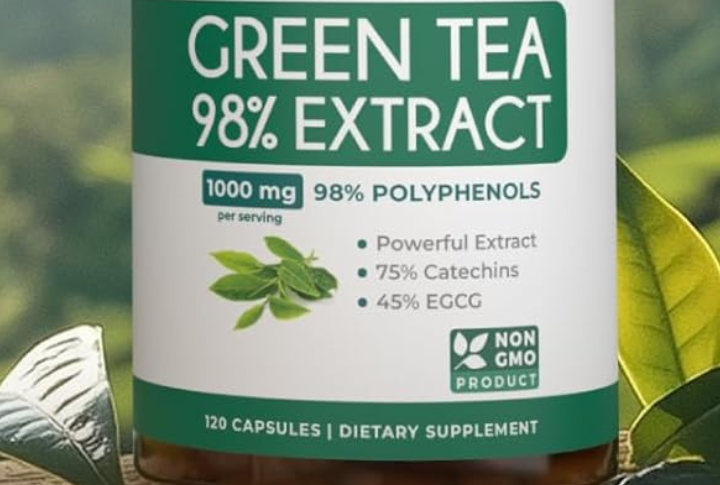
You may think green tea is harmless, but its extract form is entirely different. The core antioxidant in it is concentrated EGCG, which can cause liver stress when consumed excessively. Found in many fat burners, this supplement is far stronger than a regular cup of tea and poses a higher risk.
Kava
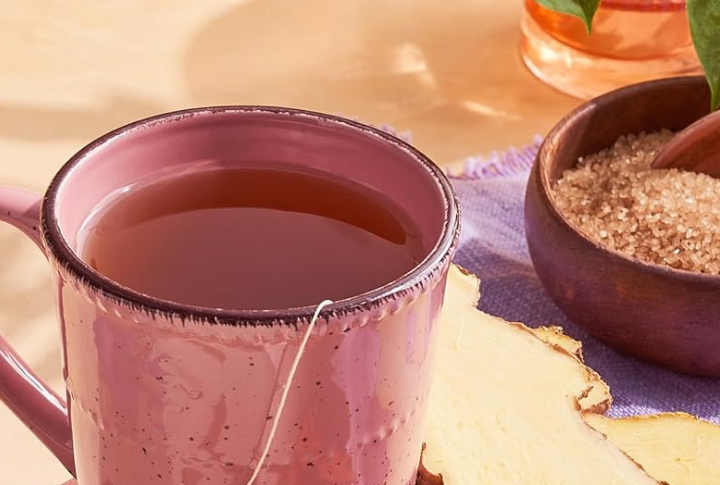
Kava root has a long reputation for promoting relaxation. Some parts of the body, though, don’t handle it well. Studies by Phytomedicine show it can impair liver function with prolonged use. When brewed as tea or taken in capsules, its active compounds overwhelm liver enzymes and can disrupt your natural detox pathways.
Comfrey
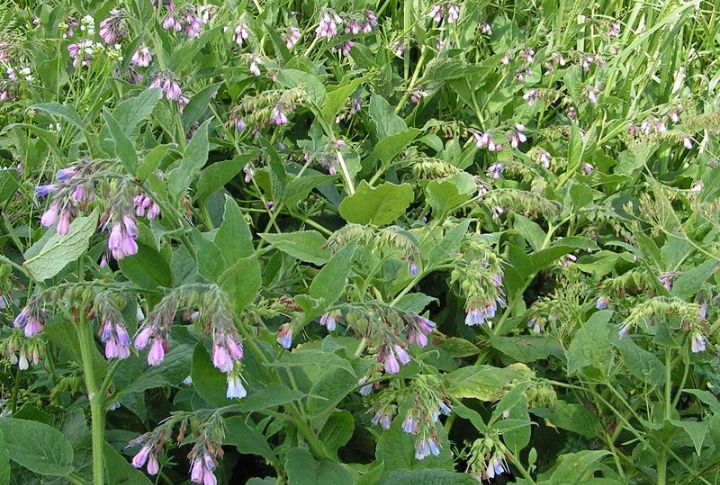
People once believed comfrey could heal ulcers and broken bones. What they don’t know is that the toxic compounds in comfrey leave lasting harm that can restrict blood flow through the liver’s vessels. This makes it a strong reminder that natural doesn’t always mean safe or smart.
Black Cohosh
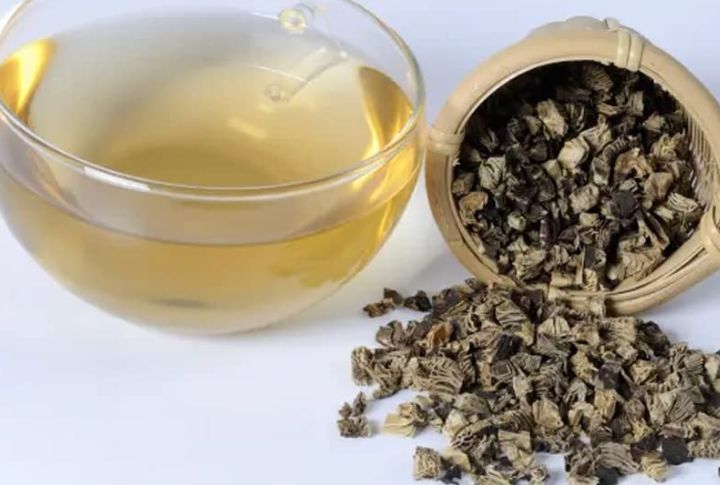
It’s important to note that taking black cohosh to ease hot flashes will not always be kind to your liver. Some women, after consumption, experience relief, and others report adverse effects like elevated liver enzymes. A fair remedy to this is to choose products verified by third-party testing and track symptoms if you start using them.
Pennyroyal Oil
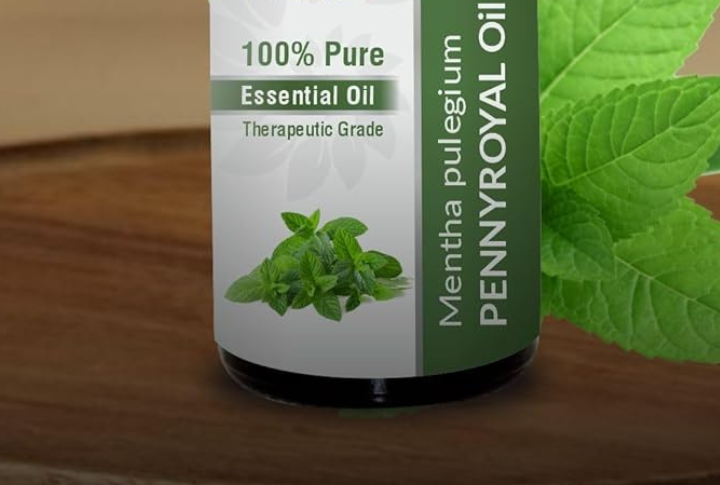
Although this minty oil may smell like something fresh from grandma’s garden, it’s not innocent. Pennyroyal oil contains pulegone, a compound that challenges the liver with every drop. Even a few drops have caused seizures, organ failure, and death in documented cases, making it one of the most dangerous essential oils when taken internally.
Chaparral
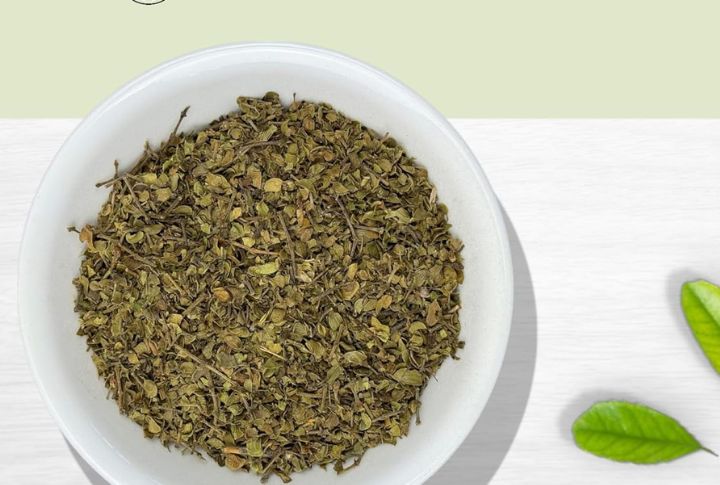
Chaparral’s reputation as a natural remedy stems from indigenous traditions. However, contemporary research by the U.S. FDA associates it with hepatotoxic effects. Its key component, NDGA, can damage liver tissues when ingested. Despite its legacy, most medical professionals discourage internal chaparral use due to observed clinical risks.
Germander
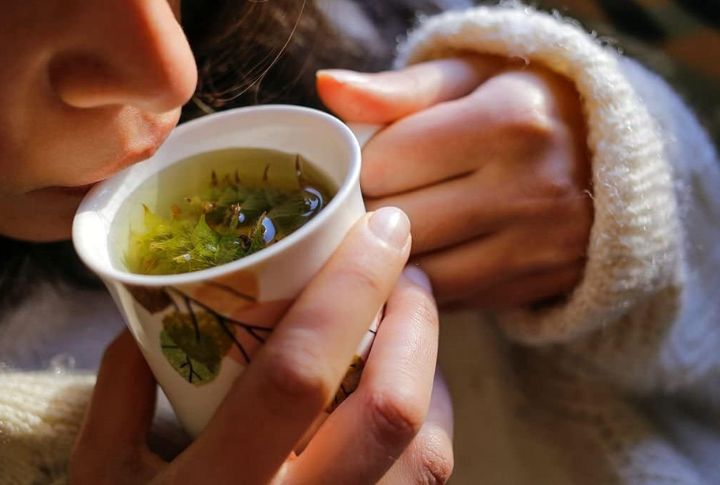
Sometimes, the biggest dangers come in the smallest leaves. Germander, once hailed for weight loss, led to over 40 documented cases of liver damage in Europe as metabolic byproducts stress liver cells. What starts as a slimming solution may end with serious medical intervention.
Turmeric (Curcumin)
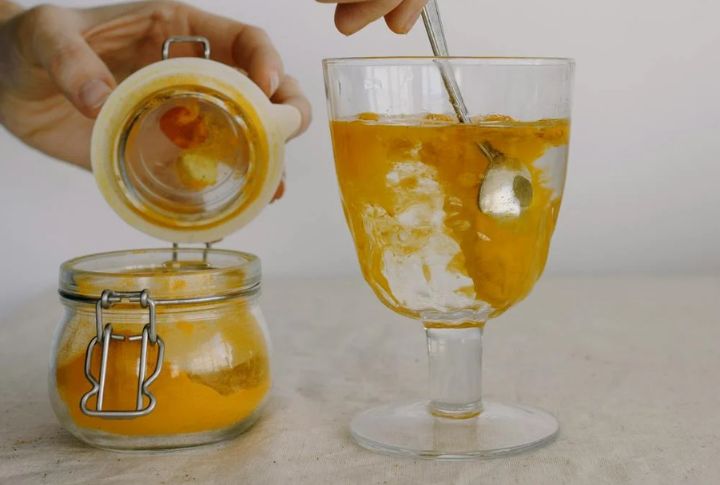
Turmeric is widely praised for its anti-inflammatory benefits, but high-potency curcumin supplements can cause liver inflammation in sensitive individuals. When combined with bioavailability enhancers like piperine, turmeric extracts have, oftentimes, been associated with rare cases of liver injury, highlighting potential risks with concentrated or enhanced forms.
Ashwagandha
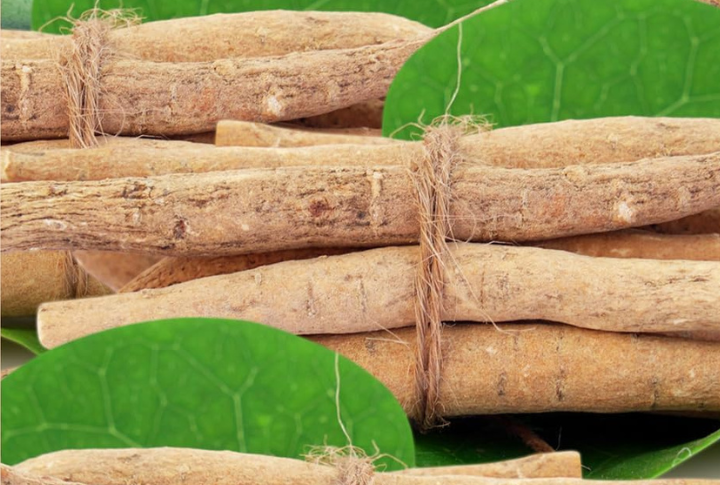
As an adaptogen, ashwagandha modulates cortisol and promotes calmness. Still, hepatologists have observed isolated instances of liver inflammation. The suspected mechanisms include oxidative stress from withanolides and their active compounds. Monitor symptoms closely if you combine it with other herbal treatments or over-the-counter aids.
Garcinia Cambogia
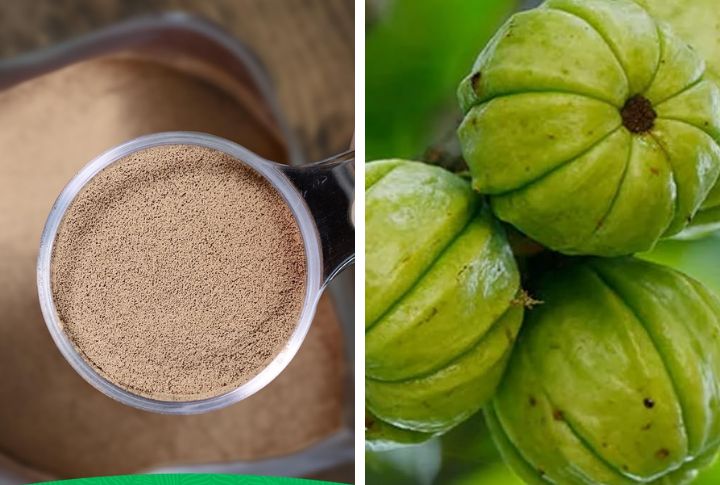
Once hailed as a weight loss miracle, this supplement gained rapid popularity, and of course, it is not without risks. Its active compound, HCA, has been linked to liver damage in some users, with a few cases requiring transplants. It’s a stark reminder that shortcuts to health can carry serious consequences.

